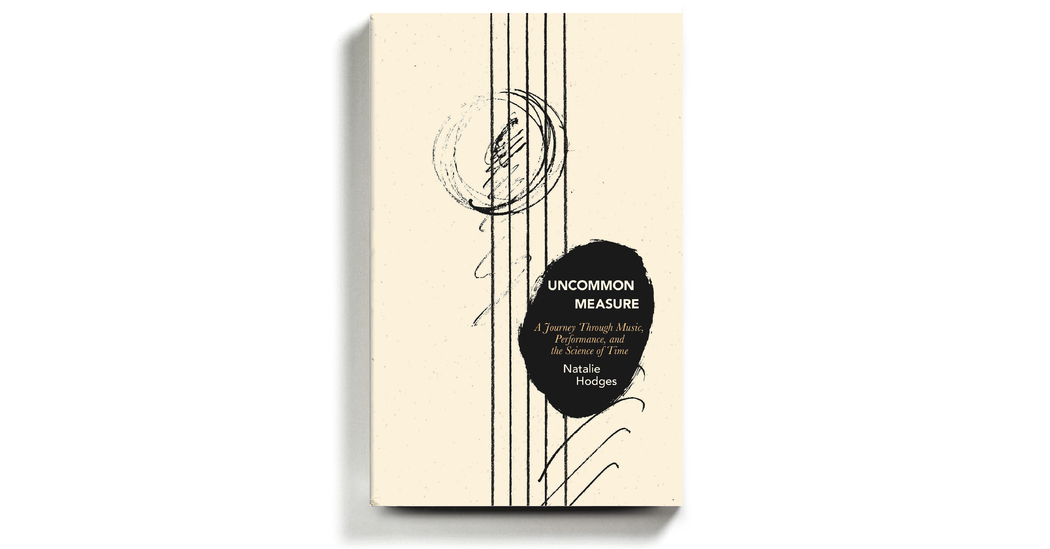
Even with less challenging work, Hodges would subconsciously self-sabotage, she suggests, always choosing in rehearsal a troubling passage “where I was going to have my big botch.” In a process familiar to newspaper writers fixated on the start of a story, she’d “chisel obsessively away” at openings while learning a piece, at the expense of middles and endings. A parade of teachers hovered: thwacking her elbow, comparing her spine to “a taut string of pearls,” dismissing her vocational prospects.
Hodges was naturally gifted, experiencing the world with her three siblings (a fourth died in infancy) as a synesthetic swirl — imagine hearing a plane engine as a “blackish purple E-flat.” The children underwent the Suzuki method, assigned a string quartet’s worth of instruments by their mother, who had immigrated to a suburb of Denver from Seoul and played the violin in her own youth before quitting to focus on getting into Harvard and the menial jobs that would help pay her way there. She went on to become a lawyer.
Uhmma, as Hodges refers to her mother, using the Korean term, cast herself as a “rocket booster”: there to help her sons and daughters launch. But she comes off as an absolute rock, battered by prejudice and stereotypes, like the Tiger Mother style of parenting promulgated by the writer and law professor Amy Chua, who is Chinese American. Uhmma suffered at the hands of Hodges’s violent father, who once beat her so badly that the stitches from a cesarean section burst. Hodges’s father, an old-money Northeastern WASP who left the family in 2016, was fine with church hymns but seems to have regarded dogged pursuit of music as an unacceptable and unnecessary form of class striving, forbidding even whistling in the house, like Captain Von Trapp before Maria shows up with a guitar. The few times Hodges’s dad attended one of her recitals, she writes, “I looked out into the audience and could tell exactly where he was sitting because of the blue light radiating upward from his phone.”
This personal story reflects the sad, often lilting melody of “Uncommon Measure,” which is written in a mostly minor key. But like a good orchestrator, Hodges deepens it by filling it out with other elements. She powers through nervous perspiration to attend tango class, learning to follow the “GPS” of a partner’s upper chest rather than a conductor’s baton. She quotes Saint Augustine and Stephen Hawking, marveling at the magical behavior of quantum particles that seem to be almost romantically “entangled,” lovers leaping. She writes with awe about Gabriela Montero, the Venezuelan artist and activist whose classical-style improvisations at the piano on popular themes proposed by audience members — making the “Star Wars” theme sound like Mozart, for example — are anomalous, even suspicious in a world where memorizing and mastering complicated scores is the gold standard.
Hodges acknowledges ruefully that classical music is “at the dusty peak of Western high art, one in which contemporary American culture is increasingly less interested.” We’ll see if literature offers greater compensations. But certainly in Hodges’s prose, you can sense a great freeing-up, what in her original discipline is called rubato, a rare ease. In words, as she could not in notes, she seems able to fruitfully process a tough past and contemplate a brighter future.




